Yamen Manai’s prose is simple and accessible—he isn’t trying to seduce or impress the reader. He is telling a story that is both important and funny, and he wants to make sure it is understood. That story being post-Jasmine Revolution Tunisia, after the autocratic President Ben Ali has been ousted and the Western spotlight has faded. The initial euphoria of the revolution has long been replaced by frustration, resignation, and indifference as Islamists and secularists vie for leadership of the nation. Manai tells the story through the eyes of one man—Sidi, the hermetic beekeeper of the village of Nawa, whose cherished honey bees are attacked by a swarm of fanatical hornets bent on murder. This kingdom of bees serves as an unexpected but clear stand-in for the political instability that plagued (and continues to plague) Tunisia after 2011. Manai draws on Tunisian oral tradition to construct this ecological allegory, portraying the Nawa villagers (the Nawis) as a chorus voicing their surprise and skepticism at the changing times.
—Lara Vergnaud
Everyone knew that Sidi would give his life for his girls, and do so without the slightest hesitation. His love for them rendered him capable of anything. Hadn’t he devoted his life to them, building them citadel upon citadel? Hadn’t he confronted a Numidian bear just to bring them the most beautiful flowers? Hadn’t he defied princes and left lovers to dedicate himself entirely to them? And so, when the news that hundreds of them had died under troubling circumstances spread from mouth to mouth, a response seemed inevitable.

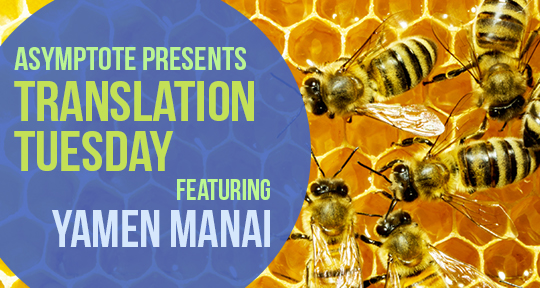
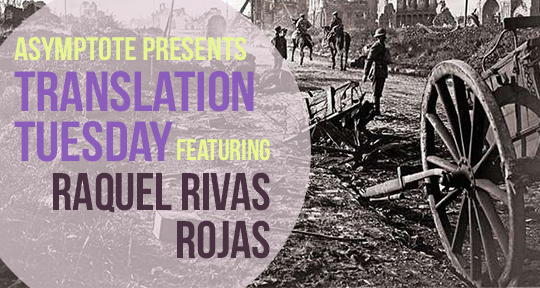

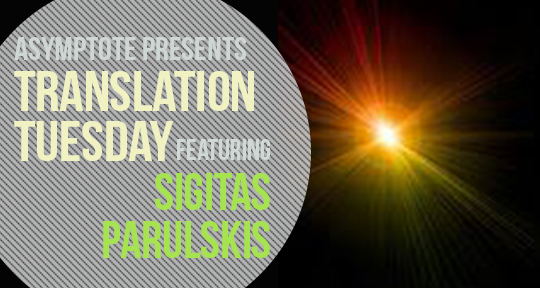
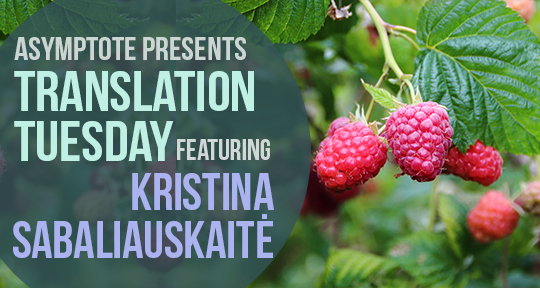
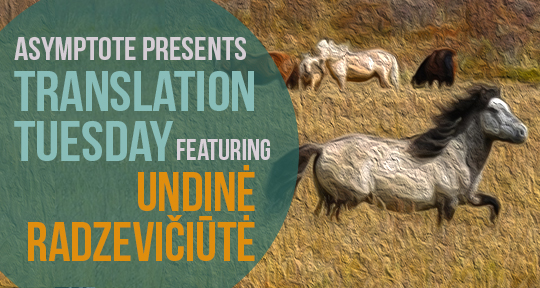

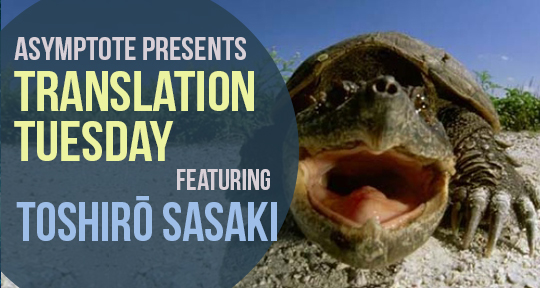
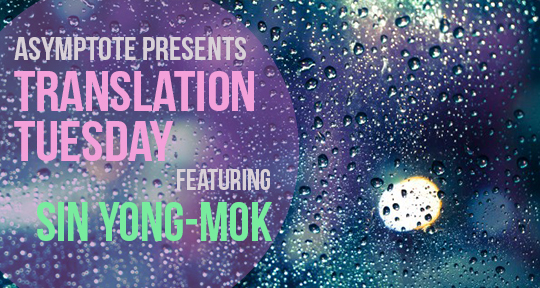
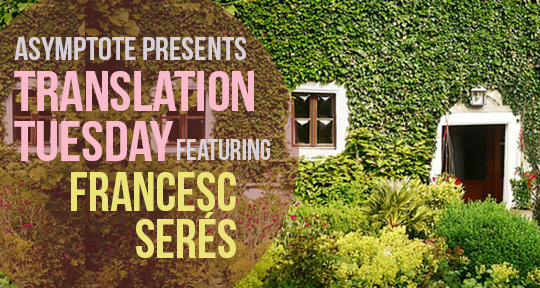

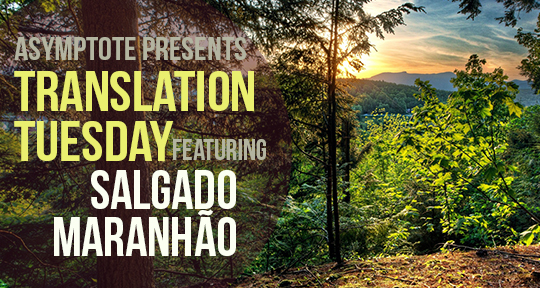
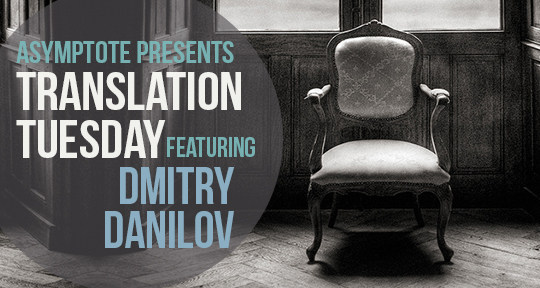
Translation Tuesday: “The Results” by Bernard Comment
"Jealousy is always a weakness, an uncertainty, a lack of confidence, every other person is a competitor, a threat."
On a check-up at a health clinic, a father and husband’s interactions with doctors are punctuated by reminiscences of love and lust for his wife. Gradually, we learn of a chilling act of violence, which leads the protagonist to a twisted reckoning with his mental and physical condition.
It’s cold. A cold that bores into you, that hasn’t let up for days, despite the big woollen jumper I never take off, even at night. Carlo tells me I should take it off for sleeping, and wrap myself up well in the blankets, so that when I get up I would add a garment to make up for the change in temperature, but one evening I tried this and my teeth chattered all night. The other men I see at lunchtime don’t seem to suffer, there’s even a guy who always walks around in a T-shirt, but admittedly he’s a burly fellow, well-padded against the cold.
The doctor made me go back to him this morning, after fasting, he wanted to do further tests, two whole syringes filled with blood, I asked to lie down because I’m always afraid of turning to look, and it’s much worse if you get to see it. The nurse smiled, although I couldn’t tell if it was from pity, sympathy, or scorn. She had difficulty finding the veins, it’s always the same, I begin to tense up, to sweat at the temples, I become dizzy and pale; when I was a teenager I passed out each time, and once I fell backwards and hit my head on a sink, was sent straight to hospital for a battery of tests, a lumbar puncture, and an idiot teacher spread it around that I’d taken an overdose, me who’s never touched the tiniest amount of an illegal substance, for fear of my reaction, and my scrupulous respect for the law.
When I had the first tests, eight months ago, the lady in the laboratory was very considerate, settling me into an armchair and telling me to look away, and to think of something pleasant; so I thought about the film I’d watched the night before, with Julie, her warm body, her breasts in my hands, her smell after making love. Then it was finished, and already I had a piece of cotton wool and then a sticking-plaster on top, whereas here everything is rougher, more brutal. I’ve been waiting for twenty minutes, standing in front of the grey door. They came to get me around six o’clock. Immediate appointment. Everything moved fast, then the iron door in the corridor clanged shut behind me, with a heavy ringing sound, and since then, nothing. The doctor must be on the telephone, I hear his voice at times, a powerful, raucous voice, but I don’t understand what he’s saying, the rooms are well insulated. I’d love to smoke a cigarette, it’s what I’ve been brooding about for a full five minutes, it’d do me good, would relax me, smoking a cigarette.
READ MORE…
Contributors:- Bernard Comment
, - Carolyne Lee
; Language: - French
; Place: - Switzerland
; Writer: - Bernard Comment
; Tags: - clinic
, - condition
, - family
, - french
, - health
, - hospital
, - love
, - lust
, - marriage
, - Short Story
, - Swiss